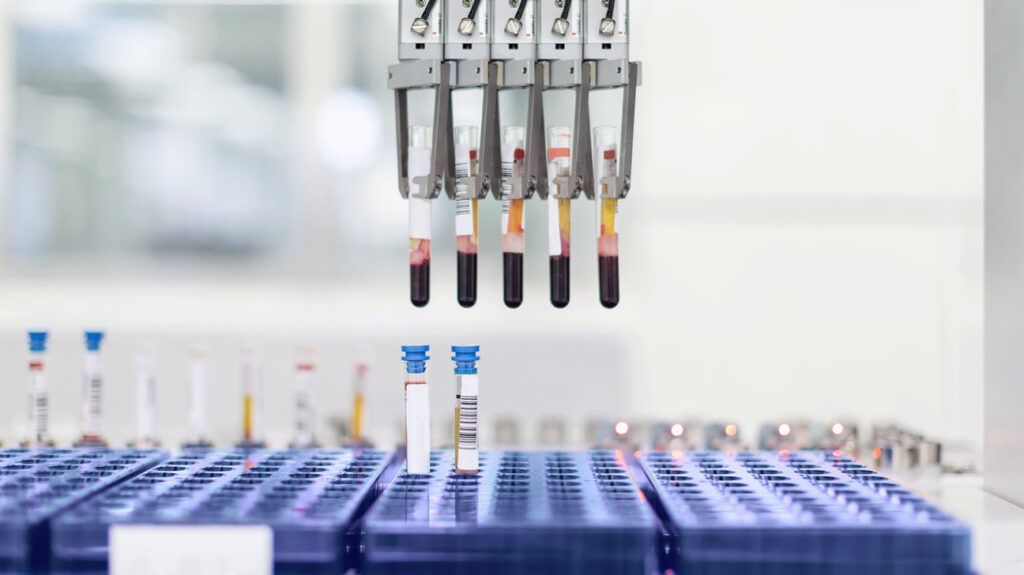AI-Driven Research Uncovers Biological Factors Behind Higher Endometrial Cancer Mortality in Black Women

AI research has identified key pathological and genetic differences that explain the higher mortality rates of endometrial cancer among Black women, paving the way for more tailored treatments and improved prognosis.
Endometrial cancer, the most common gynecological malignancy affecting over 66,000 women annually in the United States, exhibits notably worse outcomes in Black women, with an 80% higher mortality rate compared to other groups. This disparity persists regardless of socioeconomic status and healthcare access, prompting researchers to investigate underlying biological factors.
A team from Emory University sought to determine whether genetic and pathological differences contribute to the higher severity and poorer prognosis observed in Black women with endometrial cancer. Led by Anant Madabhushi, the researchers employed advanced artificial intelligence (AI) techniques to analyze tissue samples from African American and European American women diagnosed with the disease.
Their study, published in npj Precision Oncology, involved examining tissue slides to identify structural and microscopic features, including immune cell interactions and connective tissue characteristics. Using machine learning, they discovered distinct features associated with each racial group. The analysis revealed that in Black women, immune cells called lymphocytes interacted more with the stromal tissue, which provides structural support, whereas in white women, lymphocytes primarily interacted with epithelial tissue, the protective lining.
These differences influenced the predictive accuracy of risk models. When models incorporated data specific to Black women, they more accurately predicted the likelihood of adverse outcomes, emphasizing that tumor development and immune response vary across populations. This insight underscores the importance of personalized approaches in cancer prognosis and treatment.
The findings have significant implications for immunotherapy strategies, which harness the body's immune system to fight cancer. Recognizing racial-specific immune architecture differences may enable clinicians to design more effective, tailored immunotherapies for Black women, potentially reducing survival disparities.
Though the research does not fully explain all mechanisms of tumor development, it confirms that genetic and biological factors play a critical role in cancer progression. Madabhushi stresses the importance of studying these variations to improve outcomes and address health inequities.
This pioneering study showcases how AI can reveal crucial biological differences, guiding future research and clinical practices to create more equitable healthcare solutions.
Stay Updated with Mia's Feed
Get the latest health & wellness insights delivered straight to your inbox.
Related Articles
Increased Risk of Rare Lymphoma in Breast Cancer Patients with BRCA Mutations and Textured Implants
Women with breast cancer carrying BRCA mutations who receive textured breast implants face a significantly higher risk of developing rare lymphoma, according to new research. The study underscores the importance of genetic testing and personalized healthcare in breast reconstruction decisions.
Blood Test for Insulin Resistance May Help Predict Early Alzheimer's Cognitive Decline
A simple blood test measuring insulin resistance using the TyG index may predict the rate of cognitive decline in early Alzheimer's disease, opening new possibilities for early intervention and personalized treatment.
Enhancing Rural School Attendance Through On-Site Health Clinics
A recent study demonstrates that on-site health clinics in rural schools significantly reduce student absenteeism, improving educational and health outcomes in underserved communities.
New Insights into Brain Function: Wiring Is Not Everything
New research on C. elegans reveals that brain activity depends more on dynamic signaling networks than on static neural wiring, offering fresh insights into neural function and disorders.



